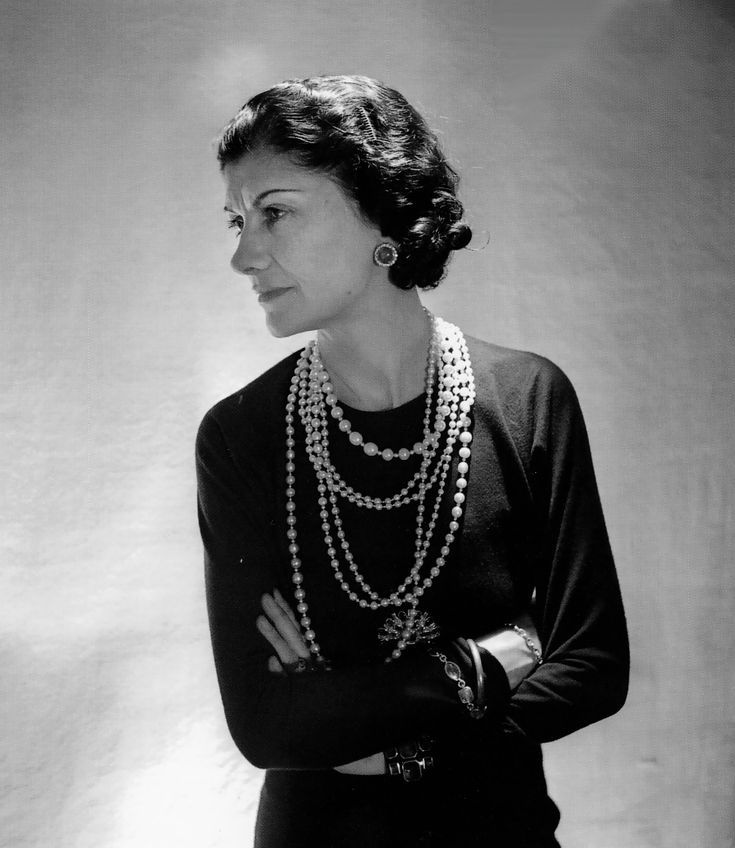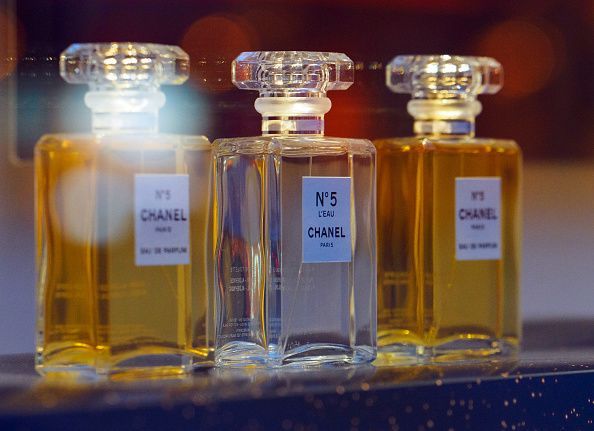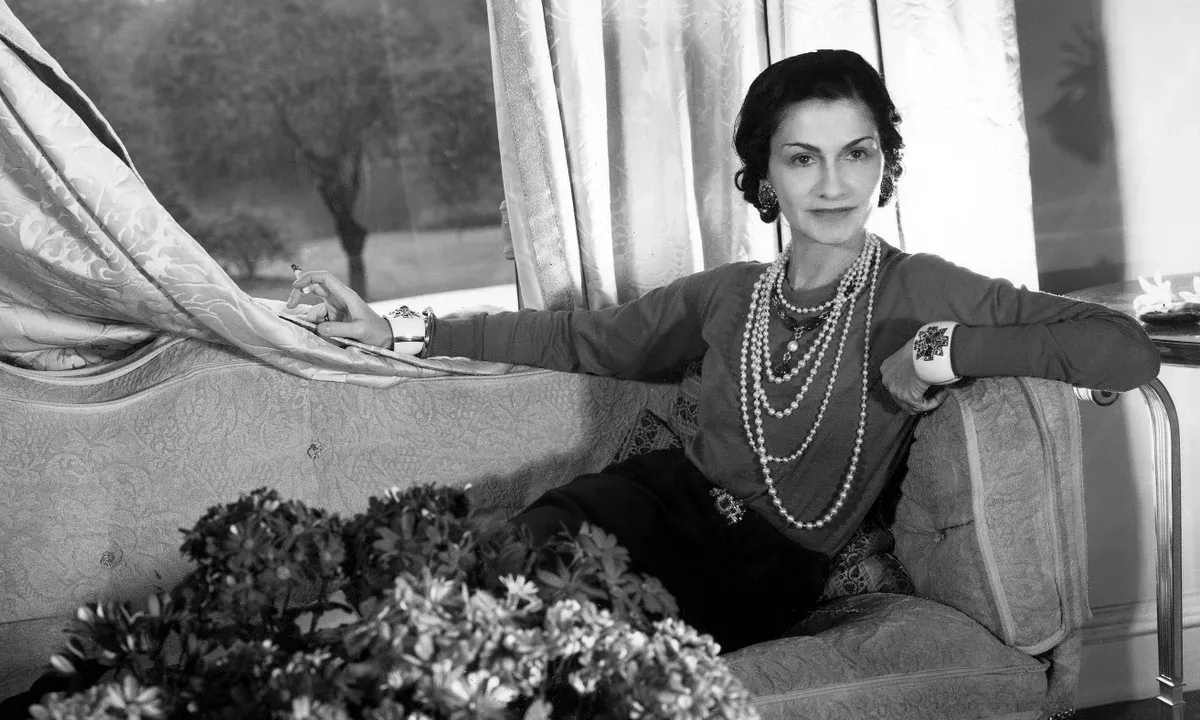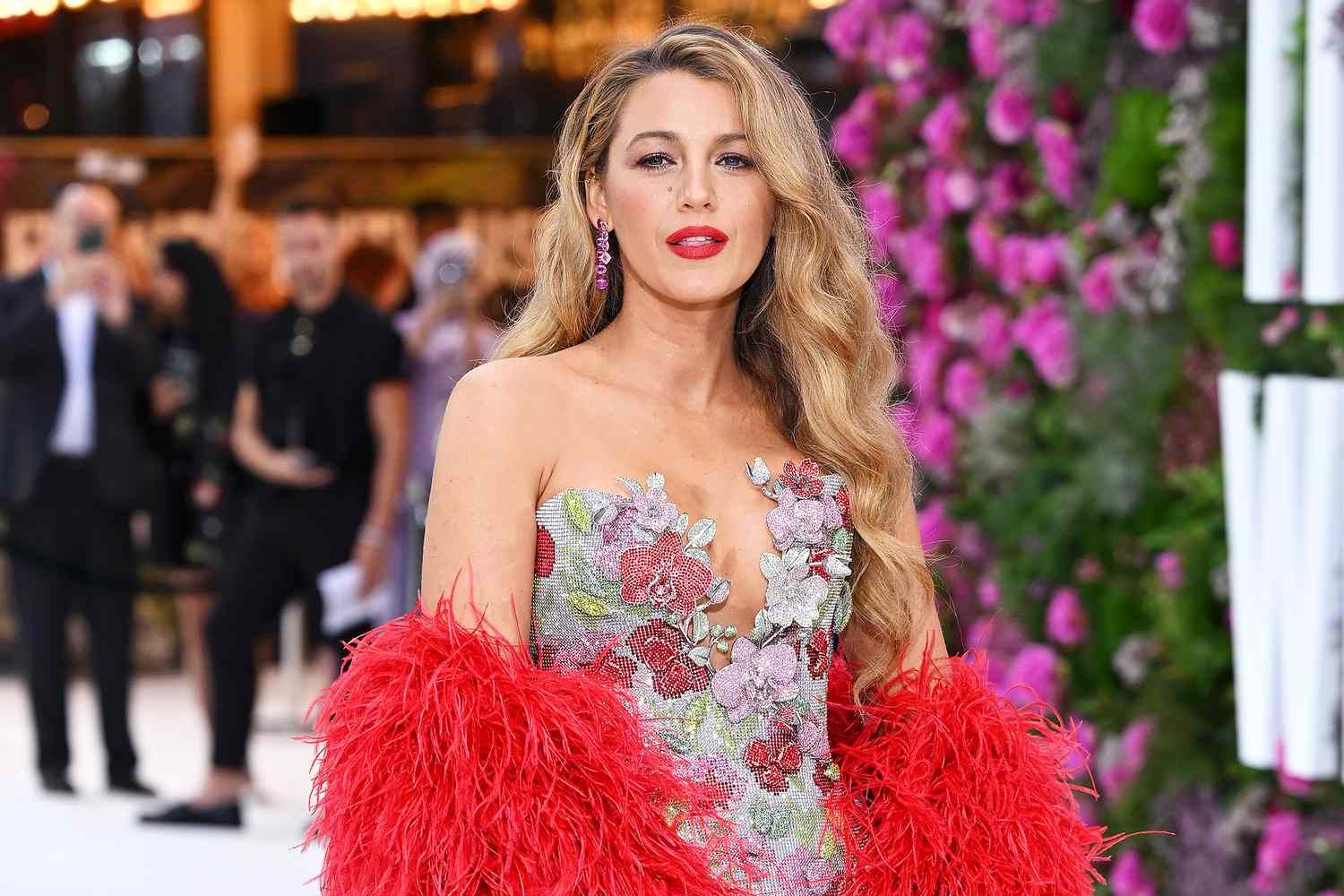If you haven’t already watched The New Look, then we advise you to do so ASAP. The reason? Because you will get a taste of one of the most inspirational and influential women of the 20th century: Coco Chanel.
Whether you are a fashion expert, with Vogue being your bible, or you just pay attention around, Chanel is a brand you’ve heard a lot about and seen a lot. From the most prominent fashion events to Hollywood movies and series, Chanel, with its signature interlocked CC monogram, has been influencing women's fashion for decades. And the woman behind this brand?
A prolific fashion creator who made her sporty, casual chic look the feminine standard of style and extended her influence beyond couture clothing into jewelry, handbags, and fragrances. Her signature scent, Chanel No. 5, has become an iconic product, and Chanel herself designed her famed interlocked CC monogram, which has been in use since the 1920s.
The early years
Born in Saumur, France, in 1883, the second child of Jeanne and Albert, Chanel's early life wasn’t as easy as one could think. She was born in a poorhouse, and when her mother died while Chanel was 11, she was transferred to an orphanage, which would later define her future as it was the place where she learned to sew. After six years in the orphanage where she learned the art of sewing, she got a job as a dressmaker. At the same time, when she wasn’t sewing, she would sing in a cabaret, where she eventually got the name “Coco” (her real name was Gabrielle).

Chanel, a socialite, had a penchant for wealthy affairs, notably with Arthur Capel until his death in 1919. Chanel's entrepreneurial career and fashion empire started in 1910 when she opened a small millinery shop in Paris, funded by her lover, Capel. Two years later, she opened a boutique in Deauville, where she introduced simple, jersey-based sportswear. Once considered a cheap, masculine fabric, Chanel elevated the jersey into elegant yet practical designs inspired by menswear.
Chanel's innovative use of jersey to create a relaxed, "poor girl" aesthetic quickly appealed to wealthy women seeking an alternative to restrictive corseted styles. Adhering to her belief that true luxury is comfortable, Chanel's designs emphasized simplicity and ease, revolutionizing the fashion industry within five years.
The iconic perfume
Chanel's perfume, Chanel No. 5, became the cornerstone of her fashion empire. Created in 1921 with the help of renowned perfumer Ernest Beaux, Chanel No. 5 was a groundbreaking blend of jasmine and other floral notes, offering a more complex and mysterious fragrance than the single-scented perfumes popular at the time. Some attribute its success to Chanel's superstitious belief in the number five, while others point to her innovative approach to perfume marketing. As the first major fashion designer to introduce a signature scent, Chanel revolutionized the industry with her simple, elegant bottle featuring the iconic interlocking Cs.
Chanel partnered with businessmen Théophile Bader of Galeries Lafayette and the Wertheimer brothers of Bourjois cosmetics to distribute Chanel No. 5. In exchange for helping her produce and market the fragrance, they received a significant share of the profits. Despite signing a contract that granted her only 10 percent of the royalties, Chanel fought for decades and countless lawsuits to regain control of her signature scent. Although she was unable to renegotiate the terms of her contract, the perfume still generated substantial profits for Chanel.
The controversy
Chanel closed her couture house in 1939 with the outbreak of World War II. At the time she was residing at the Ritz Paris hotel, which became Nazi headquarters after France's fall in 1940, she entered a romantic relationship with Baron Hans Günther von Dincklage, a German diplomat and Gestapo spy. Chanel's involvement with the Nazis during World War II remains a subject of debate. While her collaboration is undisputed, the extent of her activities is less clear. Some argue that she merely socialized with Germans, turning a blind eye to their actions. Others, however, believe she was a Nazi agent. A particularly controversial event was her 1941 trip to Madrid with a German intelligence agent. It is thought that she made a deal with the Nazis to secure the release of her nephew, a prisoner of war. Though the details of her actions in Madrid remain unknown, her nephew was soon released upon her return to France. The Nazis reportedly gave Chanel the codename “Westminster,” likely alluding to her earlier affair with Hugh Grosvenor, 2nd Duke of Westminster. Soon after the Nazi occupation ended in 1944, Chanel was arrested by French authorities. However, no charges were brought, and Chanel later claimed that British Prime Minister Winston Churchill, a longtime friend, had intervened. She thereafter moved to Switzerland.
Chanel's return to fashion in the early 1950s coincided with the rise of Christian Dior's New Look, a highly feminine and structured style. Disdainful of this trend, Chanel championed simplicity and comfort. Her 1954 fashion show, after a 15-year hiatus, was met with mixed reviews in France but gained popularity in the United States. Chanel's iconic tweed suit, collarless and braid-trimmed, became a signature piece, and she soon introduced other timeless designs like the quilted chain purse and two-toned shoes. These creations solidified Chanel's status as a leading fashion designer.
The little black dress
However, one of Chanel's most iconic creations was the "little black dress." This simple yet elegant apparel became a timeless staple in women's wardrobes, symbolizing sophistication and understated luxury. Her designs were a departure from the frilly and feminine styles of the era, empowering women to embrace a more independent and confident look.

In addition to her clothing designs, Chanel also introduced the concept of costume jewelry. Her faux pearls and other accessories were affordable and accessible to a broader range of women, democratizing the world of luxury fashion.
Coco Chanel's influence on fashion extended far beyond her lifetime. Her designs continue to inspire designers and fashion enthusiasts around the world. Chanel's legacy is a testament to her innovative spirit, her ability to challenge traditional norms, and her enduring impact on the fashion industry.
Coco Chanel's Most Prominent Quotes
"A woman who is too busy to take care of herself is not busy enough."
"Simplicity is the keynote of all true elegance."
"The best things in life are free. The second best things are very expensive."
"A woman who doesn't wear perfume has no future."
"I don't understand why women wear perfume. A woman should smell of a woman."
"Elegance is not about being noticed, it's about being remembered."
"I detest vulgarity. It is like a woman wearing too much perfume."
"The only thing that is truly yours is your style."
"Dress shabbily, and they remember the dress. Dress impeccably, and they remember the woman."
"In order to be irreplaceable, one must be different."
 THE WORKING GAL
THE WORKING GAL





